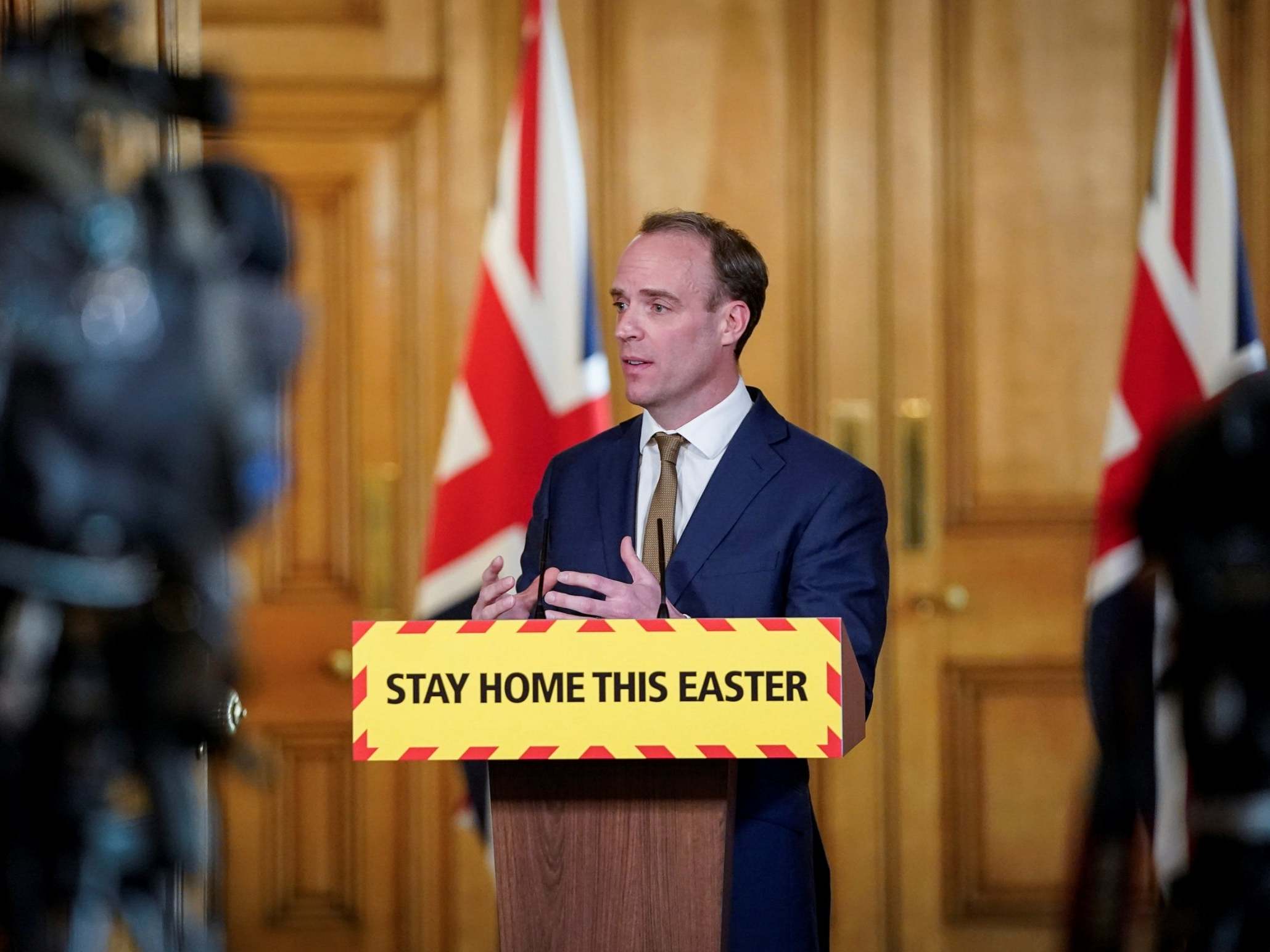Are the media or politicians responsible for a lack of answers on coronavirus?
News organisations have gone down in the public’s estimation during the pandemic, but is it justified, asks Sean O'Grady


One of the many odd side effects of the coronavirus crisis has been the surge in support for governments across the world. Britain has been no exception to this rule, and has shown some remarkable approval ratings for the way the government has dealt with the pandemic (66 per cent), for the Conservative Party (54 per cent to 28 per cent for Labour) and for Boris Johnson personally (72 per cent).
The media, by contrast, has been faring rather worse. Successive apparently well-sourced revelations about (alleged) government complacency and incompetence from Reuters, The Financial Times and The Sunday Times have been answered in a series of ill-tempered “rebuttals” from No 10. Yet the polls as yet show only modest slippage in the Conservatives’ standing.
Apart from vocal keyboard warriors on the right and left seizing another opportunity to pour abuse on “the mainstream media”, more representative opinion polls show similar dissatisfaction, despite some excellent reportage. According to a survey by the Reuters Institute, some 60 per cent of the British public “trusts” the main news organisations for coronavirus news – better than the dispiriting 52 per cent who do in the US, but in line with other countries. However, the British public are actually more inclined to trust scientists, the NHS, and government than the media. A poll by Kekst CNC had the media as the one institution that has seen a drop in public confidence, down by 21 per cent.
This dissonance between press and public is most marked on the question of the lockdown, and with the way journalists conduct themselves in the daily Downing Street press conferences.
Whereas the media ask endless questions about how and when the lockdown will end (in the press conferences but also during the Sunday interviews and other shows), the public seem unbothered by the restrictions. After they were brought in on 23 March, the measures enjoyed increasing levels of compliance, and a recent poll suggested 91 per cent of people back the latest three-week extension, with some support for even tighter rules – though there is concern about longer-term economic damage.
If journalists are supposed to reflect public concern they might choose better territory; some might also be advised to give up asking for a date (for anything) from politicians far too smart to blurt one out at a briefing. Matt Hancock’s 100,000-a-day goal for testing by the end of April is an exception, but he announced it in his own good time. Dominic Raab told a journalist last week that it would be irresponsible to put a time frame on the end of lockdown. There was not much point in trying to trick this clever lawyer into doing so.
Certainly the daily briefing format doesn’t allow for much follow-up or persistent lines of attack, and sometimes grandstanding verbose queries just give the ministers and officials more time to think of an evasive answer. The “gotcha” school of journalism has its place, but this isn’t it.
Maybe the journalists could tailor their enquiries accordingly. The hacks might thus be better off heeding the advice of Sir Robbie Gibb, a distinguished former BBC journalist who served as Theresa May’s comms director. He suggests that the kind of adversarial approach that can work well in a general election and for routine party politics doesn’t fit the context of the current emergency. Finding out about the progress of a vaccine or the criteria for admission to intensive care might be more fruitful than getting into a tangle with Michael Gove about reagents.
All that said, there plainly are questions that need to be asked of ministers and officials about key areas of failure, such as the situation in care homes and the lack of PPE, ventilators and testing kits. If the NHS was underprepared, if misjudgements have been made, Britain deserves to know. Not everyone is happy with the way things have been handled.
Culpability is relevant even in an emergency, and the public should be worried about the death rate and hospitals running out of gowns. So the questions do arise at 5pm every day: yet the longer set-piece interviews with the likes of Andrew Marr and Sophy Ridge are a better forum for pushing ministers on their record than the limited opportunities afforded by a press conference. So, by the way, are the Commons select committees, still taking valuable evidence during the parliamentary recess; Jeremy Hunt, as a former health secretary, is well equipped to grill his successor.
When judging the mainstream media’s performance, please also factor in the way journalism has itself become politicised and “the story” in recent times because of Brexit and the rise of social media. Remainers and Leavers and partisan figures of every kind slag journalists off routinely for bias, whereas the only bias the reporters have is in favour of the truth and challenging everyone equally and fairly. The media could certainly ask better questions in a better way in this crisis, but, recalling dire appearances by the likes of Alok Sharma, some politicians could do a far better job of answering them.
Join our commenting forum
Join thought-provoking conversations, follow other Independent readers and see their replies
Comments